A Comprehensive Guide To Selecting Tincture Bottles For Herbalists
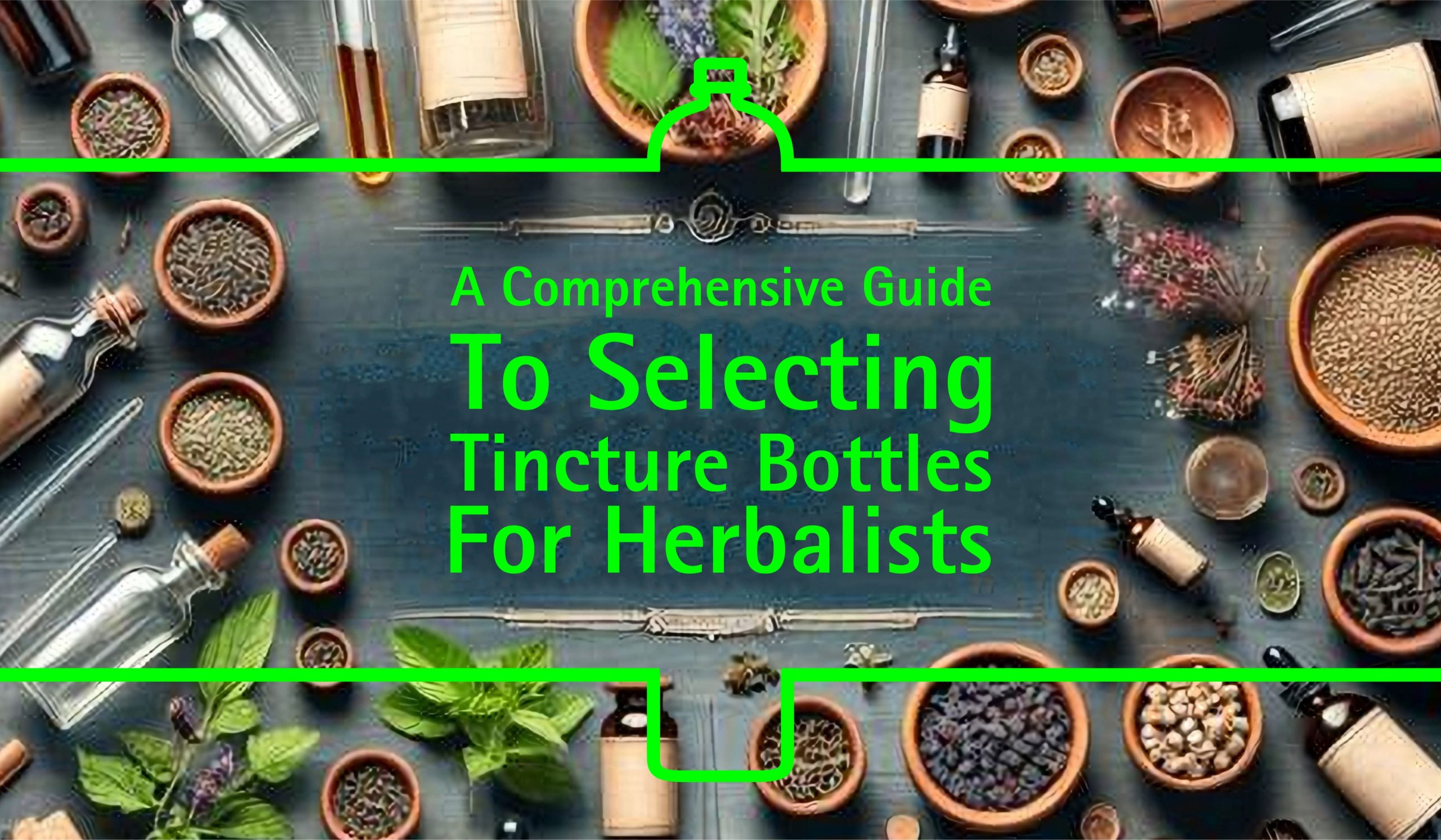
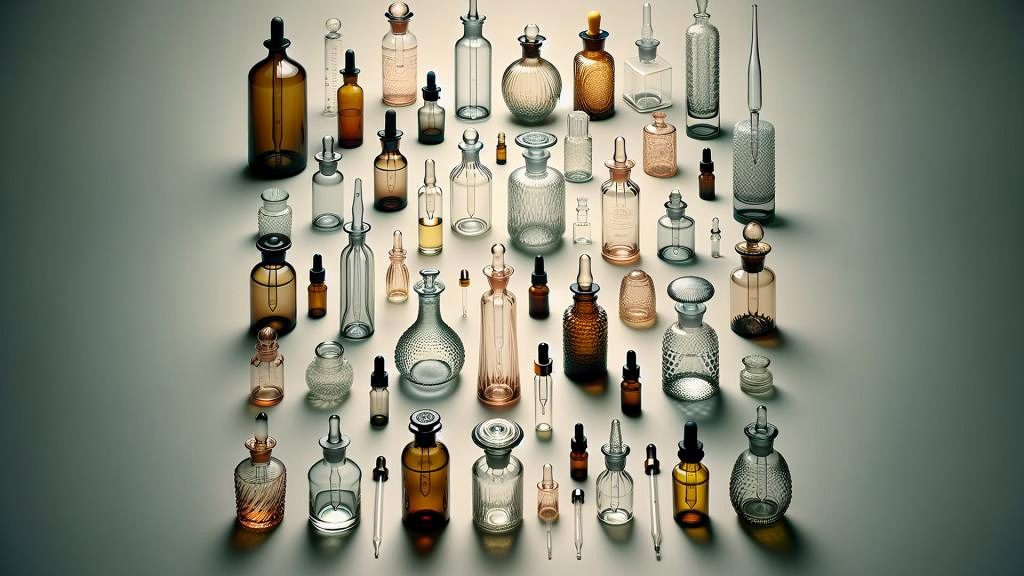
The Significance Of Tincture Bottle Shapes And Sizes
When considering tincture bottles for herbal extracts, shape and size play a crucial role. An optimal tincture bottle size allows for efficient extraction and storage, while the shape can influence dispensing ease and accuracy. Herbalists frequently select the Boston Round bottle style for its compact and stable design, reducing the risk of accidental tip-over and spillage.
This rounded, short bottle design provides ample space for labels without compromising the ease of grip, making it an appealing choice for herbalists. The Boston Round is also available in an assortment of sizes to accommodate the varying quantities of herbal extracts, from small 1-ounce bottles for personal use to larger 32-ounce containers for bulk storage.
Other bottle shapes that herbalists might consider include Square bottles. The square design offers an increased surface area for label display, which is beneficial for providing more extensive product information or achieving a distinctive brand aesthetic.
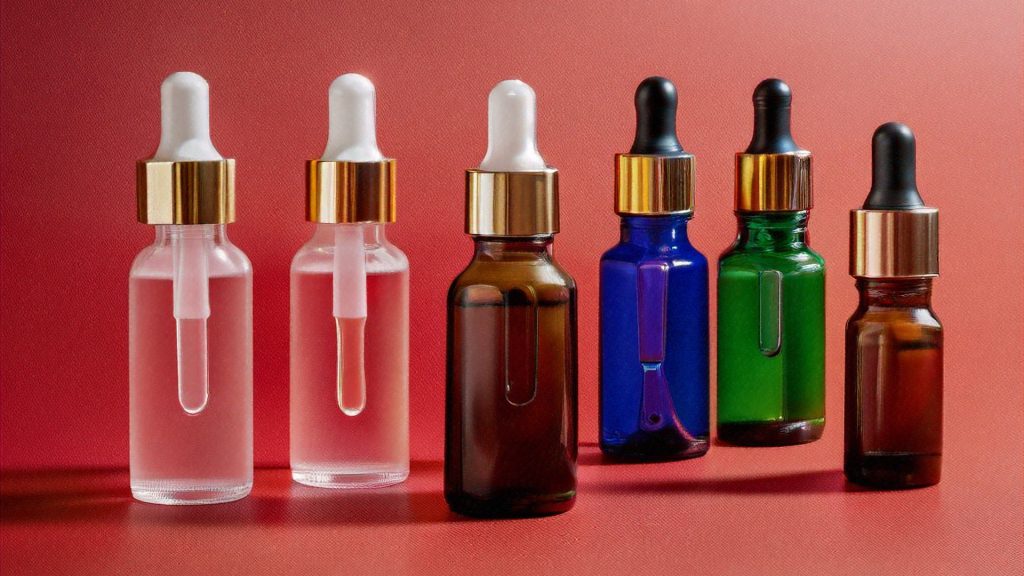
Color Selection: More Than Just Aesthetic Appeal
The choice of tincture bottle color is not merely about aesthetics. Colored bottles, such as those in amber, are particularly valuable for herbalists because they offer a protective barrier against harmful UV rays, thereby preserving the potency and integrity of the herbal tinctures inside.
Clear bottles, on the other hand, while providing a transparent view of the product, may expose the tinctures to light degradation. Therefore, herbalists often choose colored bottles when long-term storage or light-sensitive tinctures are involved.
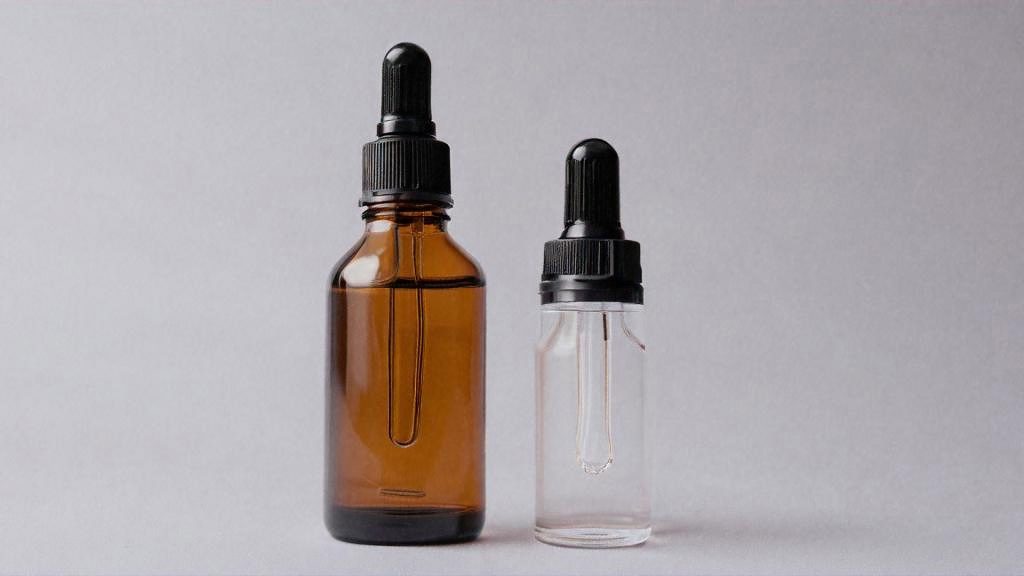
Glass Vs. Plastic: The Superior Choice For Alcohol-Based Tinctures
The selection of tincture bottles also extends to material choice. Glass bottles are the superior option for alcohol-based tinctures. High potency ethyl alcohol, glycerine, brandy, and vinegar solvents can degrade plastic over time, potentially leaching harmful substances into the herbal tinctures.
Glass, however, is resistant to these solvents, ensuring the purity and longevity of the tincture. This resistance to degradation makes glass bottles a preferred choice among herbalists for storing alcohol-based tinctures.
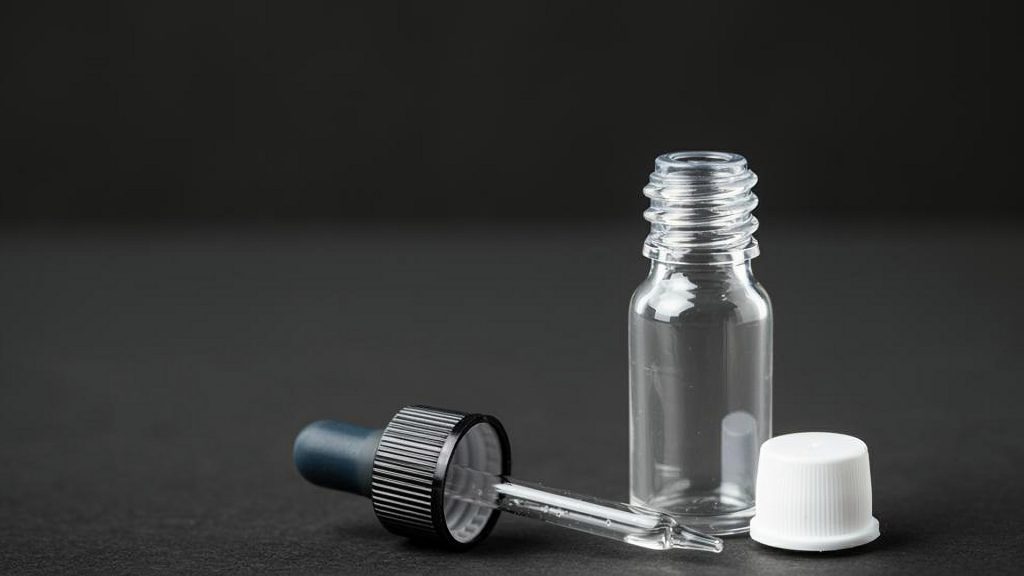
Choosing The Right Closures For Tincture Bottles
Closures for tincture bottles come in different forms, and the choice depends on the specific needs of the herbalist. Droppers, often used with tincture bottles, provide a straightforward, measured dispensation of the herbal extract. Some droppers even feature milliliter measurement markings for precise dosage.
In contrast, a plastic CT closure is chosen for its simplicity and leak-proof seal. For tinctures that do not require a specific dosage or for larger containers intended for bulk storage, an herbalist might opt for a cap instead of a dropper.
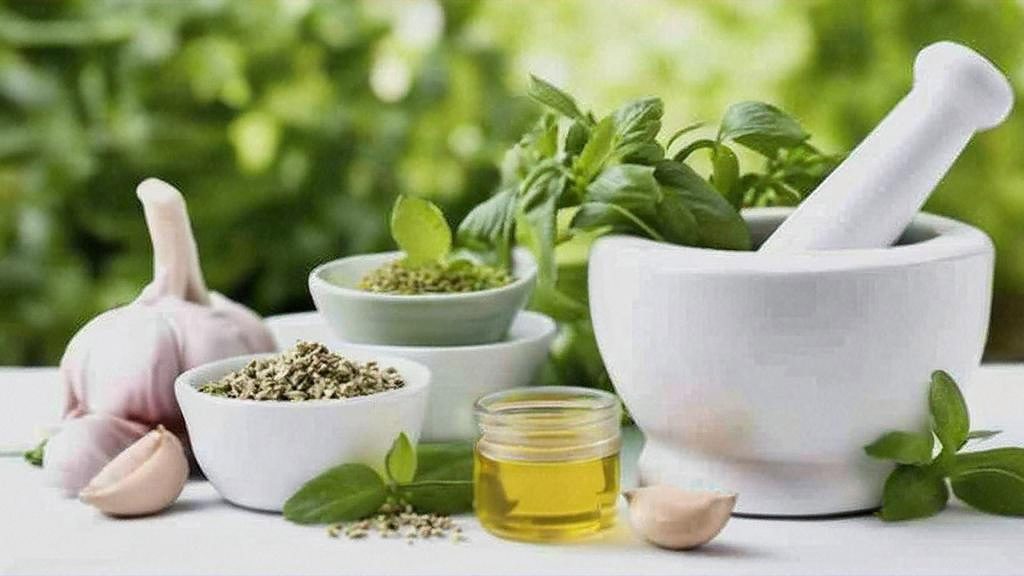
Inspiration From Leading Herbal Product Manufacturers
Observing leading herbalists and herbal product manufacturers can provide insights into successful packaging strategies. Companies like Herb Pharm, American Botanical Pharmacy, Gaia Herbs, Mary Ruth’s and Dr. Christopher’s, have created distinctive packaging designs that stand out on the shelves.
- Herb Pharm, for instance, uses cobalt blue glass bottles for some of their premium tinctures, setting them apart visually while offering UV protection.
- American Botanical Pharmacy utilizes the iconic amber Boston Round with dropper closures, signifying professionalism and reliability.
- Gaia Herbs employs green bottles, symbolizing their commitment to natural, sustainable products.
- Mary Ruth’s uses clear glass tincture bottles to showcase the purity and quality of their products, along with distinctive, high-contrast labels.
- Dr. Christopher’s, on the other hand, employs traditional amber Boston Rounds with minimalist, vintage-inspired labels, exuding a sense of trust and time-tested expertise.
Each of these brands demonstrates the power of thoughtful packaging choices. The appropriate selection of tincture bottles not only safeguards the quality of the product but also enhances brand recognition, customer trust, and overall user experience – all crucial elements in the realm of herbalism.
